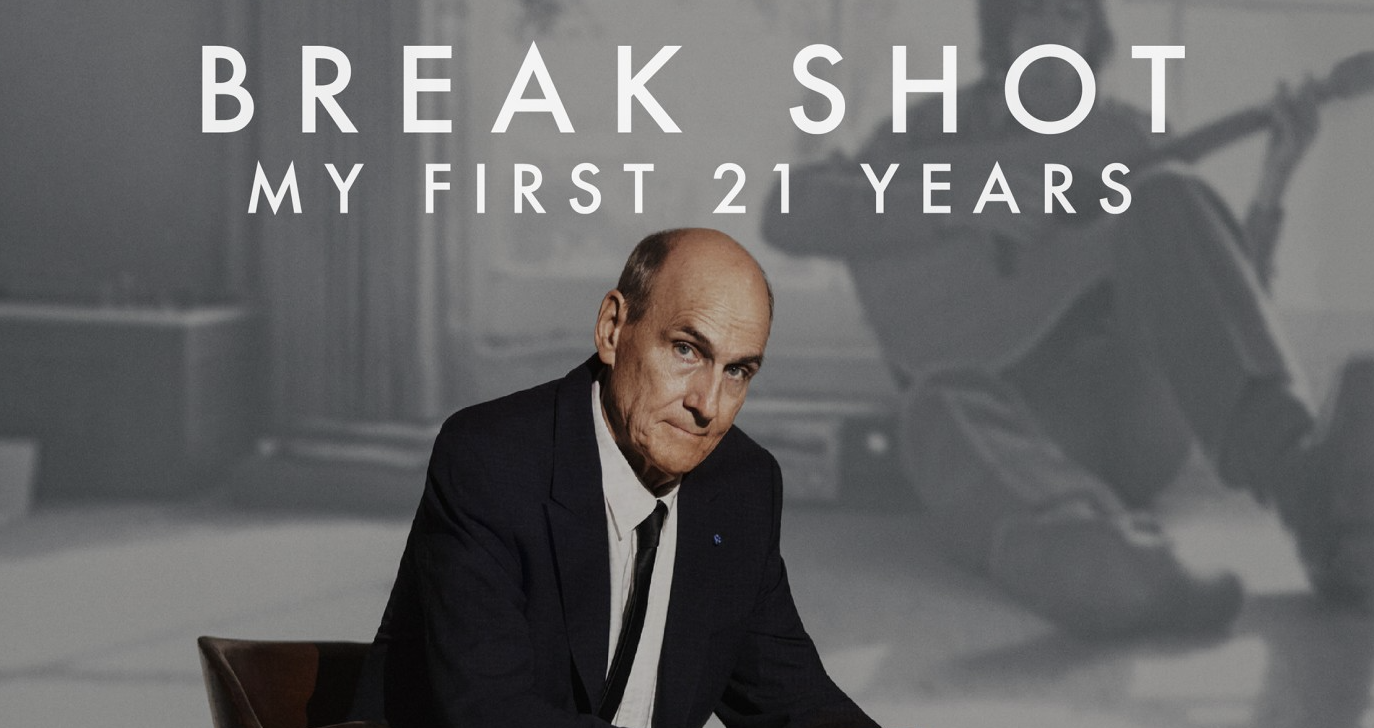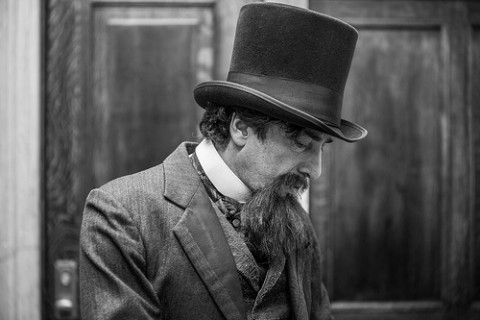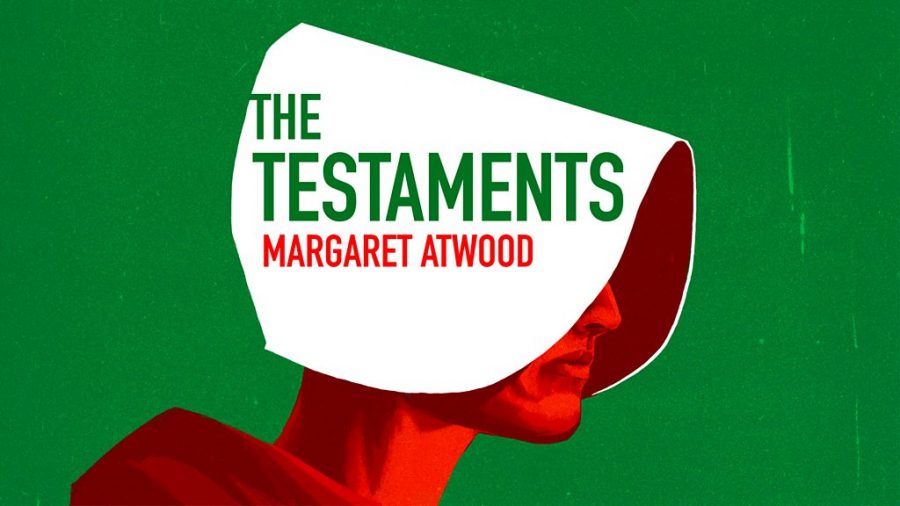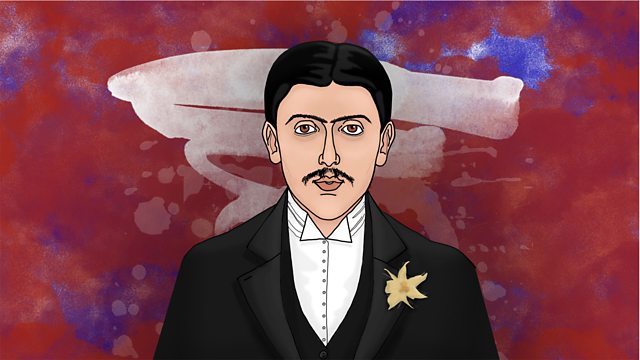Many friends have expressed a sense of relief that their elderly parents passed before the coronavirus pandemic hit, but I sure wish my stepfather were here to witness Iggy Pop crossing the rainbow bridge with the heartfelt valentine to the late Tromba, the pooch with whom he shared the happiest moments of his life.
Iggy’s paean to his adopted Mexican street dog, who never quite made the adjustment to the New York City canine lifestyle, would have made my stepfather’s grinchy, dog-soft heart grow three sizes, at least.
That level of engagement would have pleased conceptual artist Maurizio Cattelan, who launched Bedtime Stories under the digital auspices of New York City’s New Museum, asking friends, fellow artists, and favorite performers to contribute brief readings to foment a feeling of togetherness in these isolated times.
It was left to each contributor whether to go with a favorite literary passage or words of their own. As Cattelan told The New York Times:
It would have been quite depressing if all the invited artists and contributors had chosen fairy tales and children stories. We look to artists for their ability to show us the unexpected so I am thankful to all the participants for coming up with some genuinely weird stuff.
Thusfar, artist Raymond Pettibon’s smutty Batman reverie is as close as Bedtime Stories comes to fairytale.
Which is to say not very close
Artist and musician David Byrne (pictured here at age five) reads from “The Three Christs of Ypsilanti” by Milton Rokeach. As part of its series of new digital initiatives, the New Museum presents “Bedtime Stories,” a project initiated by the artist Maurizio Cattelan. Inviting friends and other artists and performers he admires to keep us company, Cattelan imagined “Bedtime Stories” as a way of staying together during these days of isolation. Read more at newmuseum.org. #NewMuseumBedtimeStories @davidbyrneofficial
Musician David Byrne picked an excerpt from The Three Christs of Ypsilanti by social psychologist Milton Rokeach, who detailed the interactions between three paranoid schizophrenics, each of whom believed himself the Son of God.
Artist Tacita Dean’s cutting from Thomas Hardy’s poem “An August Midnight” speaks to an experience familiar to many who’ve been isolating solo—an acute willingness to elevate random bugs to the status of companion.
Rashid Johnson’s choice, Amiri Baraka’s “Preface to a 20 Volume Suicide Note,” also feels very of the moment:
Lately, I’ve become accustomed to the way
The ground opens up and envelopes me
Each time I go out to walk the dog
…
Things have come to that.
Listen to the New Museum’s Bedtime Stories here. A new story will be added every day through the end of June, with a lineup that includes musician Michael Stipe, architect Maya Lin, and artists Takashi Murakami and Jeff Koons.
Related Content:
Dolly Parton Will Read Bedtime Stories to You Every Week
An Animated Margaret Atwood Explains How Stories Change with Technology
1,000 Free Audio Books: Download Great Books for Free
Ayun Halliday is an author, illustrator, theater maker and Chief Primatologist of the East Village Inky zine. Here latest project is an animation and a series of free downloadable posters, encouraging citizens to wear masks in public and wear them properly. Follow her @AyunHalliday.







